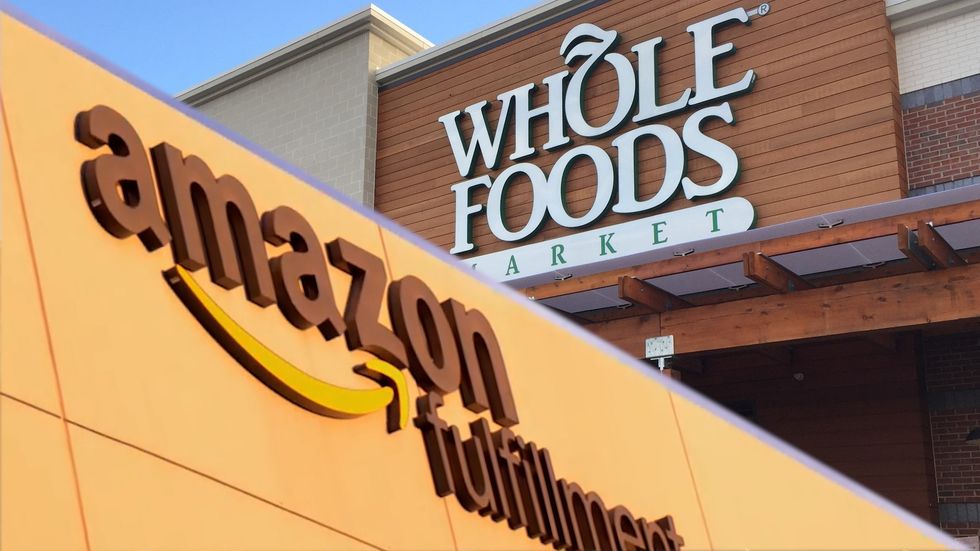Amazon's announcement of its merger with Whole Foods has been met with generally positive reactions from the public.
However, there is one reality that many individuals seem to have overlooked: Amazon and Whole Foods are worlds apart. That is, two companies could not be more culturally different than these two are.
Amazon, under Jeff Bezos, has seen undeniable success over the last couple years. But while its capital has risen, its reputation has not. The company has often been regarded as a grueling place to work, where employees are overly competitive and mirthless. Despite Bezos' assertion that this image of Amazon is inaccurate, we cannot discount the countless reports from the employees themselves who feel overworked and burned out.
Blue-collar workers in the company warehouses also face a difficult environment. Rumors have swirled around of intense surveillance and monitoring while statements provided by workers shine light to the physical pressure of the work itself. Additionally, articles have been published calling attention to Amazon's use of temporary labor and their habit of holding down pay to cut costs.
Compared to Amazon, Whole Foods has been associated with a much different atmosphere. For 20 years, the upscale supermarket has been one of Fortune's annual list of "America's Great Places to Work." According to Kim Peters, the vice president of the institute that produced the report, Whole Foods' nurturing environment stands out for many reasons: "Its willingness to let people's individuality shine through, the sense of teamwork it fosters, employees' belief in the company's mission and purpose, and its propensity for developing workers through cross-training and other means."
As a faithful customer myself, I can attest to the uniqueness of Whole Foods. Over the years, the company has created a relationship with its customers; workers are trained to be knowledgeable, personable, and approachable. Although Whole Foods is not immune to critique, it is the happiness of its workers, along with the positive customer experience, that makes the culture of Whole Foods different from that of Amazon. Automating that personality out of existence will no doubt be bad for business.
When customers walk into a Whole Foods, they expect to have a conversation with the butcher about the freshness of the meat, or the florist about what flower arrangement is best. Jeff Bezos, on the other hand, seems to look at people as data numbers on an excel sheet.
There may be that small possibility of Amazon resisting imposing its principles on Whole Foods. After all, CEO of Whole Foods John Mackey had stated that there wouldn't be any changes to the supermarket after the merger.
And yet, we are already seeing changes. First of which are the lower prices. Yes, it may mean that customers can now buy their freshly squeezed orange juice and their kale chips at a cheaper price. But it could also mean lower compensation, less training, and a more oppressive pace for its employees.
Though this remains to be seen, I'm crossing my fingers that in the next few years I won't be telling the world, "I told you so."



















